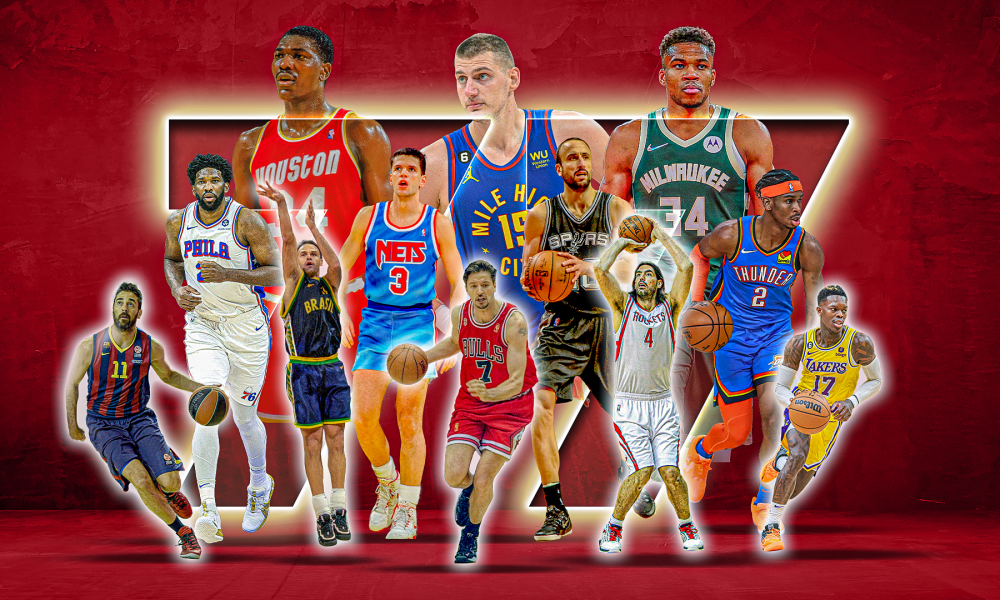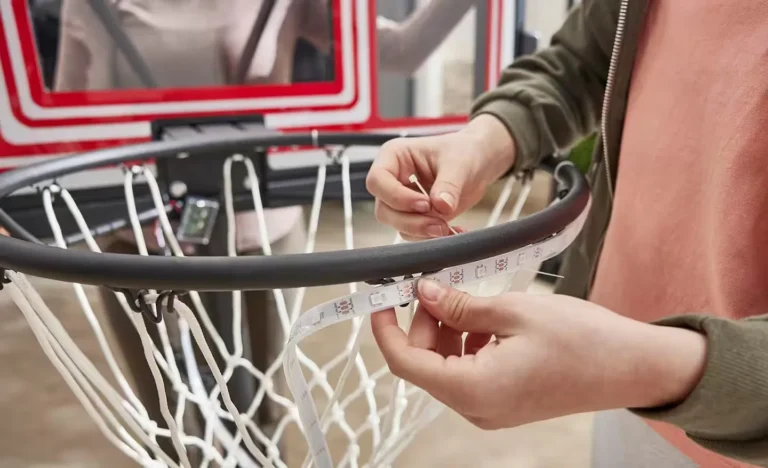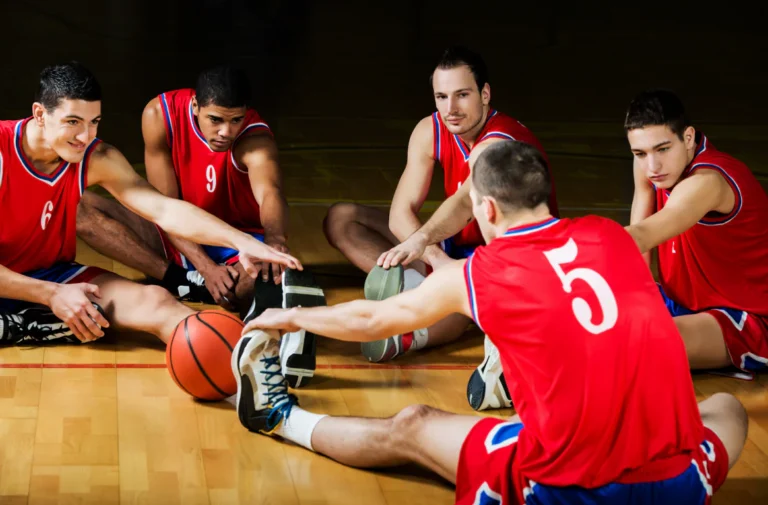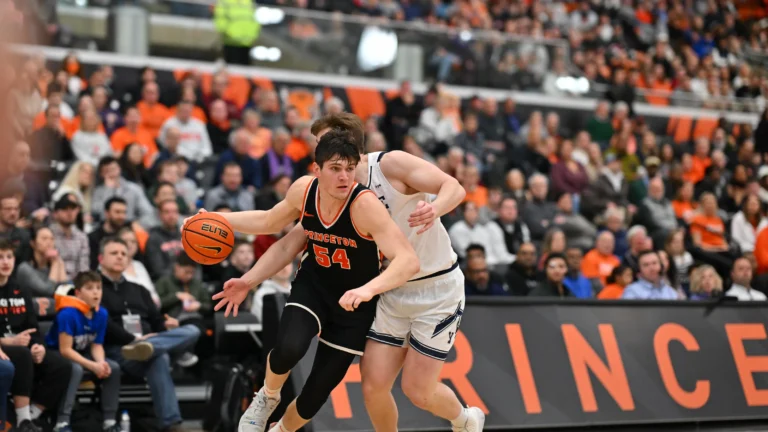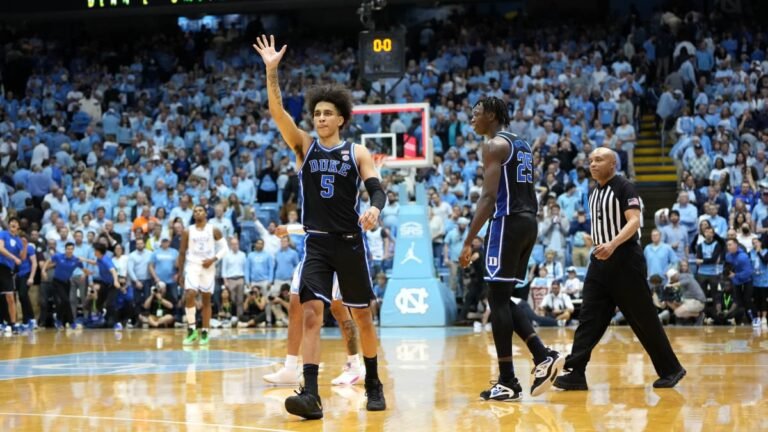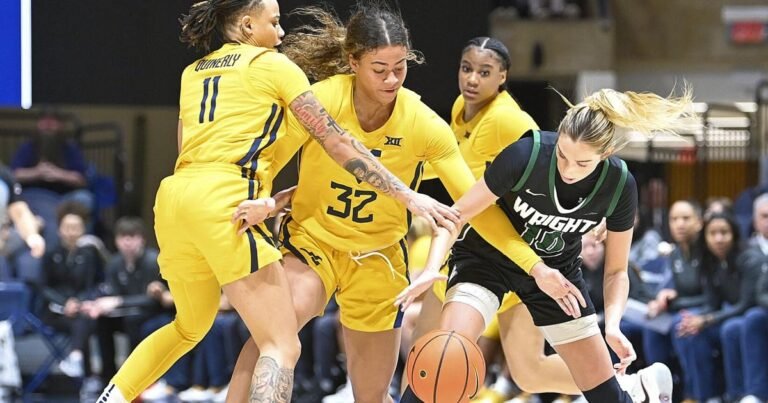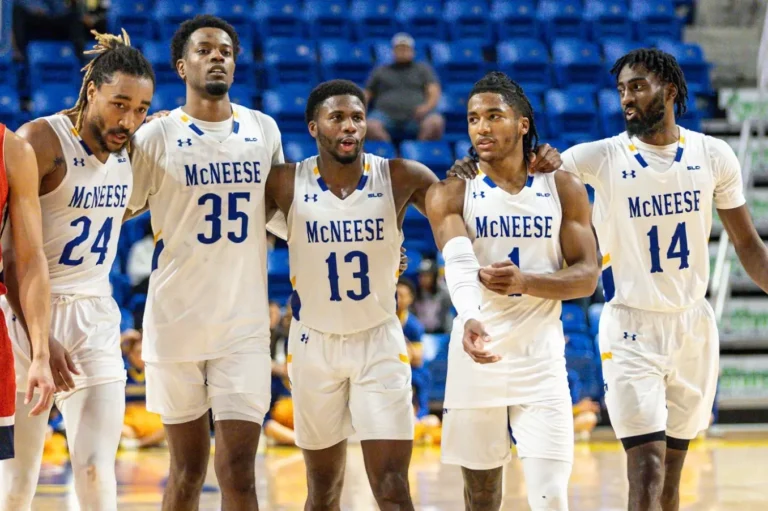Key Points of International Nomination Criteria for Basketball Players
Basketball fans and pros know how prestigious it is to get nominated for international basketball recognition. This holds true for the Olympics or the FIBA World Cup. The nomination process is tough and requires top-notch performance. This article will outline the eligibility criteria, International Nomination Criteria for Basketball Players, it will also explain the nomination process, and describe the evaluation criteria based on NBA standards. This will help you ensure your nomination submission is thorough and stands out.
Eligibility Criteria for International Basketball Nomination
Players must meet strict eligibility criteria to be considered for an international basketball nomination:
- Age Requirement: Players must be 18 or older to compete. Some tournaments might set an upper age limit, so it’s key to check the specific age rules for each event.
- Professional Experience: Candidates should have at least two years of pro basketball experience. This experience matters as it shows they can hold their own at the highest levels of play.
- Citizenship: Players must be citizens of the country they want to play for in international games. Those with dual citizenship might be able to choose between the countries they’re eligible for.
- Health and Fitness: A full medical checkup is needed to ensure the player can compete. They must be injury-free and have no health issues that could hurt their game.
- Disciplinary Record: Players should have a spotless conduct history. Any past drug use, bad behavior, or run-ins with the law might rule out a player for nomination.
The Nomination Process
To nominate someone for international basketball recognition, you need to follow these steps:
- Official Nomination Form: Get and fill out the official form from the basketball authority in your country.
- Supporting Documentation: Include backup papers such as proof you’re eligible, health reports, a job history showing your career wins, and people who can vouch for you, like coaches or league bigwigs.
- Submission Deadline: Make sure you turn in everything before the cutoff date. They might not look at stuff that comes in late.
- Nomination Review: The country’s basketball big shots check all the papers to ensure you qualify and don’t miss anything.
- Notification: If you make the cut, you’ll receive a heads-up about your nomination status and information on what’s next, like practice camps and team picks.
Evaluation of International Nomination Criteria for Basketball Players (Has an Impact on NBA Standards)
When picking players for international basketball teams, scouts often look at these NBA-based factors:
- Skill Level: They check how well players shoot, defend, pass, and understand the game. Players need to show they’re really good at these things.
- Physical Traits: They look at height, quickness, speed, and power to ensure the player can keep up in international games.
- Team Contribution: They assess how well the player works with others, helping in both attack and defense.
- Leadership and Fair Play: Players should show they can lead, both during games and off the court, and always play fair.
- Statistical Performance: Look at the player’s stats in their pro league, like points scored per game, assists, rebounds, and steals.
By meeting these eligibility rules and completing the nomination process, players can take their basketball careers to the world stage. Talk to experienced basketball advisors who know all about international sports nominations to get more tips on improving your nomination package or get personal advice.
Getting Ready for International Competitions
Getting nominated is just the start for basketball players who want to play. You must prepare well in body and mind for world tournaments. Let’s look at some key ways players can shine on the world stage:
- Technical Training: Tough practice sessions to improve specific skills, like shooting, handling the ball, and defending, can boost a player’s performance. Teaming up with top-notch coaches can offer useful insights into how teams play and strategize worldwide.
- Physical Conditioning: Playing in international games requires players to be in top shape. A custom-made fitness plan, including strength work, cardio, stretching, and meal planning, is key to achieving the best performance. Regular check-ups and tweaks to the training schedule can help keep players at peak fitness.
- Mental Resilience: Mental resilience is essential for handling the pressures of international competition. Methods like mindfulness, visualization, and sports psychology sessions can help players stay focused, stay driven, and deal with stress during high-stakes matches.
- Cultural Awareness: Grasping different countries’ cultural dynamics and subtleties can lead to better teamwork and communication. Players should try to understand the traditions and customs of the host nation and their teammates’ backgrounds, which builds mutual respect and team spirit.
- Game Analysis: Watching game footage of international opponents can give a strategic advantage. By examining their playing styles, strengths, and weaknesses, players can predict movements and devise effective counterstrategies.
Taking these steps to get ready helps players perform better at global events. It boosts their chances of doing well and making their mark on the world’s basketball scene. Up-and-coming athletes should use these tactics to step up their game and enjoy the unique experience of playing basketball.
Post-Competition Reflections
Once players have competed in international tournaments, it’s key for them to think about what they’ve learned and how they played. This process of looking back can offer useful insights that help players grow as people and athletes. Here are some main points to think about:
- Performance Assessment: Players should closely examine their performance in the tournament. They need to spot what they did well and where they can improve. Looking at match stats and asking coaches what they think can help players see their skills and win more.
- Learning from Peers: Playing with and against people from other countries allows players to learn new ways of playing. Trying fresh ideas and plans can improve players and help them understand the game more.
- Emotional and Mental Reflection: After a competition, athletes should take time to think about their emotional and mental state during the event. This helps them understand how feelings like nervousness, pressure, or drive affect their performance. By doing this, they can devise ways to handle these emotions better in future competitions.
- Celebrating Successes: Recognizing accomplishments, even the small ones, is crucial to keep athletes motivated and confident. When team members celebrate their own wins and those of their teammates, it creates a positive atmosphere. This encourages everyone to stay committed to their sport and keep pushing forward.
- Goal Setting for the Future: Players should use what they’ve learned from looking back to set clear growth targets. These goals need to be doable and zero in on fixing weak spots, building on strong points, and expanding overall skills in international basketball.
Read Also: What to Expect from Kansas Jayhawks Basketball Schedule 2024-2025?
Conclusion
Navigating the international nomination process for basketball players is challenging yet rewarding. Meeting the eligibility criteria of age, professional experience, citizenship, health, and disciplinary record is crucial for candidates aspiring to represent their countries globally. The nomination process, including completing official forms and supporting documentation, demands meticulous attention to detail and adherence to deadlines.
Furthermore, understanding the International Nomination Criteria for Basketball Players based on NBA standards can greatly enhance a player’s chances of being selected. Factors such as skill level, physical traits, team contribution, leadership, and statistical performance play significant roles in the selection process.
Preparation for international competitions goes beyond mere eligibility and documentation. Players must engage in rigorous technical training, maintain peak physical conditioning, develop mental resilience, and cultivate cultural awareness. Analyzing opponents’ gameplay can also provide a strategic edge.

